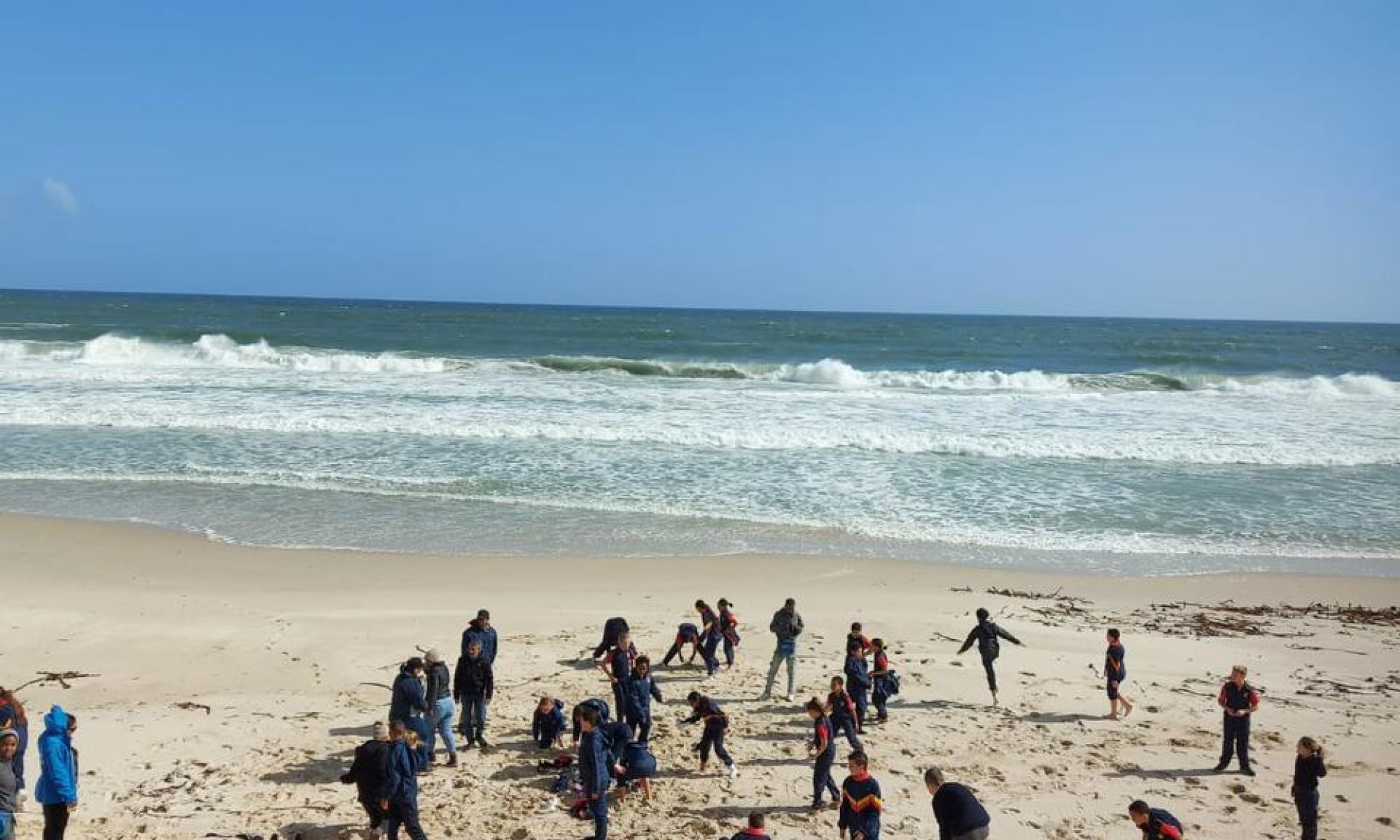Estuaries Between Drought and Flood
The Western Cape has just emerged from, in some areas, up to an eight-year drought cycle. This is linked to bigger global oceanic and climatic conditions. The poor rainfall resulted in low freshwater flows in the rivers and very little freshwater reaching the estuaries which are the receiving environment of the freshwater flows left in the rivers after abstraction and use in the catchment.
While the mouths of the permanently open estuaries for example Berg and Breede Estuaries, did not close during this period, saltwater penetrated upstream as far as 60 kilometres in the Berg Estuary. This occurs when there are no freshwater flows opposing this salt penetration. Other than impacts on the ecology of the system, this also has a direct impact on water users along the bank of the upper estuary where water is usually fresher. In addition to this, several of the temporary open and closed estuaries, especially the larger estuarine lakes, have been closed for lengthy periods which is a case in point the Botriver and Kleinbrak Estuaries. While estuary mouth closures are a natural phenomenon during dry periods, water use in the catchment does impact this and often results in extended closed periods.
In 2020 increased showers of rain resulted in many estuary mouths opening but there were still no good downpours and floods. 2021 was characterised by good rains especially in the Overberg District early in the season and later the West Coast District. The Garden Route District is experiencing good rain at present. The good rains resulted in local level flooding and good scouring of the estuaries where the mouths had remained open since the 2020 wet cycle. The valuable land derived sediment and nutrients form an essential part of the associated oceanic ecosystems. The South African West Coast marine ecosystem forms part of the bigger cold Benguela current ecosystem. This is a highly productive ecosystem that derives much of its nutrients from upwelling systems and estuary outflows. The current wraps around Cape point and the interaction between upwelling cycles and estuary outflows continues up the East Coast as far as the Breede Estuary. From there the impact of the warm Agulhas current impacts on the ocean and land.
This vital connection with the ocean not only allows for freshwater, sediment and nutrient inflow into the ocean, it also allows for vital migration of estuary dependent marine fish larvae and juveniles to migrate from the ocean into the safe estuarine nursery areas. These vital refugia effectively support marine fish populations. The open estuaries also result in the exposure of sand and mud banks which provide vital roosting and feeding grounds for many migratory bird species. In essence, then these wet cycles not only facilitate the critical water flows but also the life cycles of species in connected local and global ecosystems
While weather cycles are impacted by ocean conditions, the rain that falls on the land as a result of these conditions soon finds its way back to the ocean and carries with it vital sediment and nutrients. The cycle is completed.





